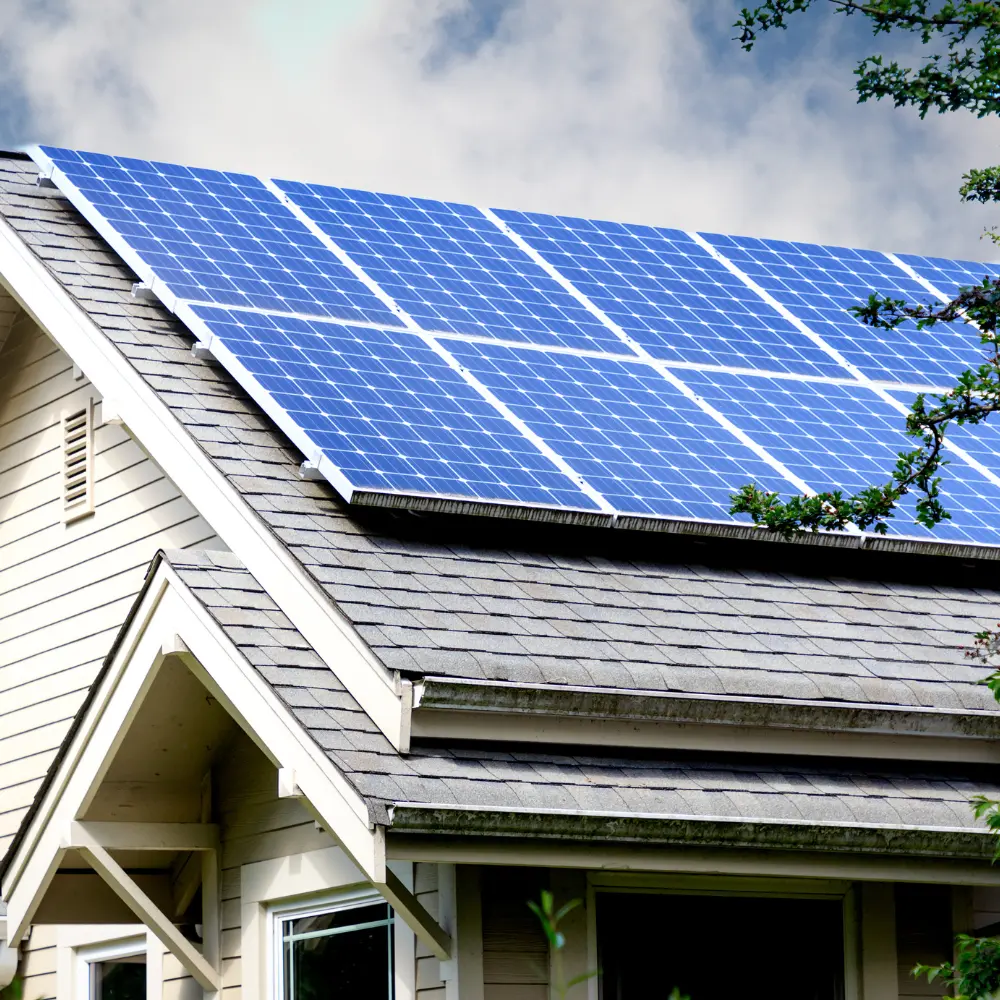 Many homeowners in Staten Island wrestle with rising electric bills and environmental concerns. Balancing the cost of living with the desire for cleaner, more reliable energy can feel daunting, especially when the market is filled with competing information about renewables. Yet, countless families are discovering that solar power provides a tangible way to save money, reduce carbon footprints, and cultivate healthier communities on the Island. Insights from the New York State Energy Research and Development Authority (NYSERDA) show how solar energy can be both a practical and visionary step toward a more stable, eco-friendly future.
Many homeowners in Staten Island wrestle with rising electric bills and environmental concerns. Balancing the cost of living with the desire for cleaner, more reliable energy can feel daunting, especially when the market is filled with competing information about renewables. Yet, countless families are discovering that solar power provides a tangible way to save money, reduce carbon footprints, and cultivate healthier communities on the Island. Insights from the New York State Energy Research and Development Authority (NYSERDA) show how solar energy can be both a practical and visionary step toward a more stable, eco-friendly future.
Below, we’ll explain why going solar makes sense on Staten Island, highlighting findings from NYSERDA’s research. We’ll also outline real benefits that resonate with homeowners seeking budget relief and long-term resilience.
Many Staten Islanders hesitate to adopt solar energy because of their concern about its quality. With numerous installers and products available, it’s easy to feel uncertain about what really works. NYSERDA emphasizes that certified and warranty-backed solar panel systems deliver both performance and safety. Using state-approved equipment also unlocks potential tax rebates, further lowering costs. Key Considerations:
Whenever sunlight hits your panels, energy is generated that you don’t have to purchase from the grid. For most Staten Island households, utility costs are no small line item, especially in older homes with less efficient insulation or appliances. NYSERDA’s analysis reveals that solar system owners often see immediate reductions in their monthly statements—some covering a significant percentage of the total usage. Long-Term Gains:
Staten Island’s local air quality takes a step forward when fossil fuel generation is trimmed even slightly. NYSERDA highlights how residential solar complements broader environmental goals, such as reducing overall carbon emissions and creating more sustainable neighborhoods. Positive Outcomes:
While solar costs have fallen significantly, some families still worry about upfront expenses. NYSERDA’s programs encourage flexible financing options that allow homeowners to pay gradually, letting the energy savings offset a good portion of system costs. Practical Paths:
For solar to truly thrive in Staten Island, those installing it must understand local conditions—coastal humidity, sometimes harsh winters, and the borough’s unique zoning. Finding a nearby installer with proven experience is just as critical as selecting the right panels. NYSERDA suggests verifying credentials like NABCEP certification or a proven track record in the city’s five boroughs.
Making the leap to solar isn’t just about cutting expenses—it’s also about building a future-ready lifestyle in one of New York’s most vibrant communities. Real-world data from NYSERDA reaffirms how solar panels reduce reliance on traditional power sources, stabilize monthly costs, and help keep Staten Island’s environment cleaner. Families who invest in this technology see tangible financial benefits and play a meaningful role in shaping a healthier local ecosystem.
Choosing a reputable, certified installer and state-approved equipment cements the transition to green energy. It sets up you and your household for a reliable source of power year after year, no matter how utility rates or external climates shift. For Staten Island homeowners contemplating the switch, these compelling reasons—backed by NYSERDA’s evidence—make solar an increasingly natural fit.
 We are thrilled to say that we are Staten Island's only BPI GoldStar Contractor and to be a part of NYSERDA's Home Performance with Energy Star Program.
We are thrilled to say that we are Staten Island's only BPI GoldStar Contractor and to be a part of NYSERDA's Home Performance with Energy Star Program.
 Experience unparalleled energy efficiency and indoor comfort with Energy Bute's. spray foam insulation.
Experience unparalleled energy efficiency and indoor comfort with Energy Bute's. spray foam insulation.
 Our talented team has a demonstrated track record of success and satisfied customers. When it comes to solar panels and solar energy, our team knows what they are talking about.
Our talented team has a demonstrated track record of success and satisfied customers. When it comes to solar panels and solar energy, our team knows what they are talking about.
 We offer Home Energy Audit services in Staten Island.Getting an energy audit performed on a home saves individuals up to 25% on their energy bill (annually).
We offer Home Energy Audit services in Staten Island.Getting an energy audit performed on a home saves individuals up to 25% on their energy bill (annually).